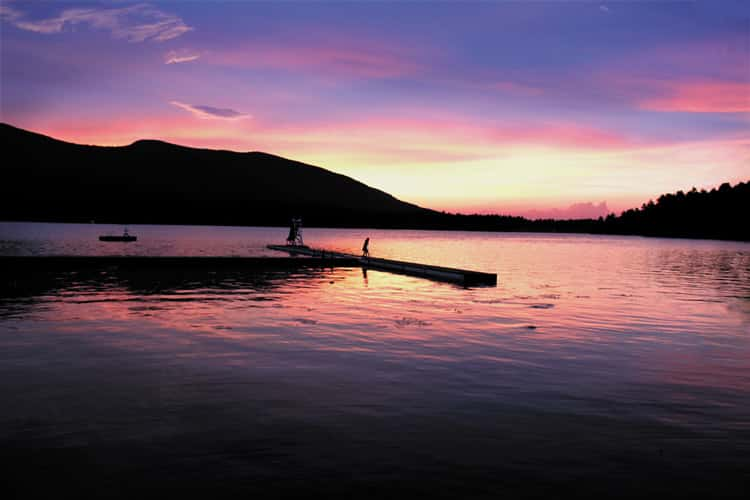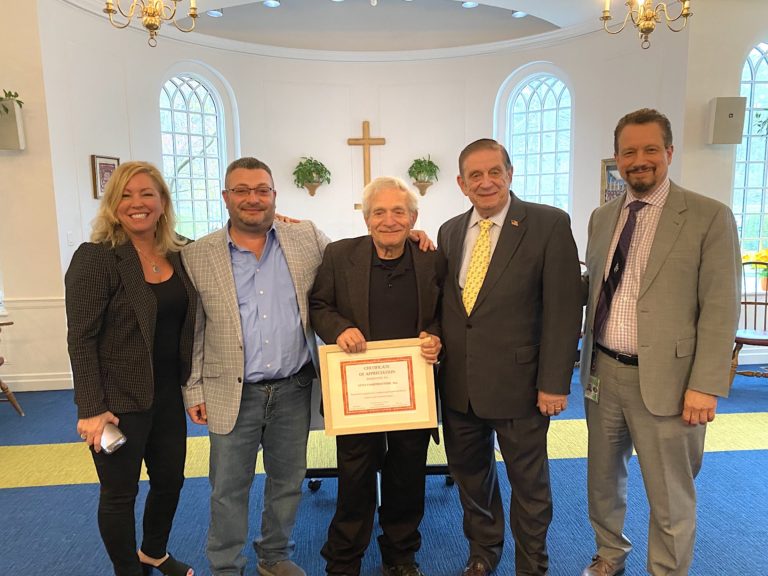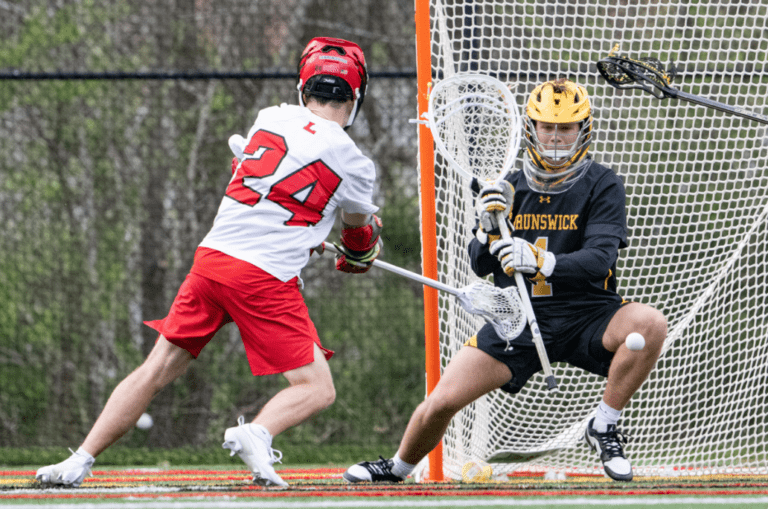

By Whitney Ryan
The earliest residential summer camp in the United States dates back to the 1800s. Mr. and Mrs. Frederick Gunn founded the first organized summer camp in 1861, in Washington, CT. From this small, two-week trip experience for boys grew an institution that has changed the lives of countless children for well over 200 years.
The idea of campers living and sharing together in the outdoors has proven to be far more than just a way to pass warm, summer days. The personal growth, character development and life lessons learned at camp typically stay with a camper for a lifetime. These lessons play a significant role in shaping young people into leaders who are fiercely independent, empathetic and inclusive citizens.
Campers quickly come to learn and appreciate the simplicity of rustic living at camp. No longer are they as attached to their electronics, social media posts or never-ending texts. They are in the moment with whomever they are interacting. They learn and experience the importance of connections, empathy, sharing, patience and more. They live with cool, strong role models. Counselors who were often campers return to camp to give back and pass the magic they experienced onto future generations. Campers gain confidence as they feel a sense of independence. They are in control of their experience. They are owning their decisions and learning about themselves and what it means for them to contribute to a community. This independence leads to tremendous growth and an increase in confidence. Today, our world is fast moving and filled with expectations and benchmarks for children.
Summer camp can provide relief from this constant pressure. At camp, a child can let down their guard, take risks and try new things with no expected outcome. This builds resilience and determination to master a skill, which can be transferred to most anything they will do in life.
At Wyonegonic Camps in Denmark, Maine we teach our campers to Be Brave and not perfect. We want campers to try new things and know that just trying is success. We all know that perfection is just an idea and not a reality.
What About Those Campfires?
Singing around the campfire and eating s’mores under a star-lit night sky. It sounds idyllic and it is. Campers feel the security of close friends and camaraderie as they sing, tell stories and watch the glow of the embers. The smell of the burning wood weaves in the fabric of their clothing. It is almost surreal, compared to the everyday life they live during the school year. At that very moment, the pressures from school don’t exist. For many, this is the fuel they need to get them through long winter months. These are the simple pleasures that campers for generations have enjoyed. This is a feeling that is hard to come by for some today.
My Camp Is My Community.
Community is at the center of the camp experience. It is about the people and the experience. Campers living together in modest quarters allows for cultivation of mutual understanding among people with different beliefs and values systems. By being part of an intentional community in which campers need to forge friendships, live without the comforts of home and are surrounded by outstanding role models, they learn that they can connect with individuals who are different. Campers learn that their actions matter and that they are part of a team. They learn tolerance, the importance of communication and inclusion. Each camper plays an important role in the success of the camp season and leaves their mark on the history of the organization. A parent did not create or micro-manage this experience. This is at the essence of the camp experience. Campers are empowered by their ability to control the outcome. Camp friends are cherished and friendships reach across the globe. As campers leave, they are already dreaming of the next summer.
What Is The Take Away?
Loyalty, tradition and independence rest at the core of the summer camp experience. Camp can be a fun and zany place, staffed by cool, young counselors who guide campers. However, with the all the fun also come healthy discomforts, which provide appropriate growth opportunities. Often the greatest discomfort is homesickness. Dr Michael Thompson, in his book, Homesick and Happy discusses in detail the importance of the summer camp experience in relation to growth. He points out that one can be homesick and happy at the same time. As parents, we too easily rush to intervene in situations to protect and ‘save’ our children. Growth happens when one steps outside of their comfort zone. There is no better place than summer camp to experience these emotions and to learn how to respond. Camp fosters independence and parents need to respond and adapt as do their children. Letting your child grow into themselves, letting him feel the sense of pride in completing a camp session, letting her have her own special community that does not include you and letting your child share this experience with you through the countless stories you will hear during the winter months are central to a successful experience.
Sending a child to summer camp requires great strength, trust and the ability to let your child spread their wings. They will fly back and when they do, you will notice a child who is soaring with more confidence, resilience and strength. It is hard to put a grade on the camp experience, as it will evolve in years to come.
Mr. and Mrs. Gunn knew in 1861 that it was good for that group of boys to have an outdoor experience. From the back woods of Connecticut has grown an institution that has expanded across the globe. Young people of all cultures, faiths and beliefs live together and face similar challenges in the outdoors. Imagine if the Gunns could see today the impact their original idea has had on the world of camping!
Whitney Ryan is Director of Staff Recruitment and Leadership Training at Wyonegonic Camps in Denmark, ME. She frequently speaks on girls and womens’ issues and teaches Community Living Skills classes for girls at Rumsey Hall School in Washington, CT. She is a life long educator of girls in residential camp environments.




